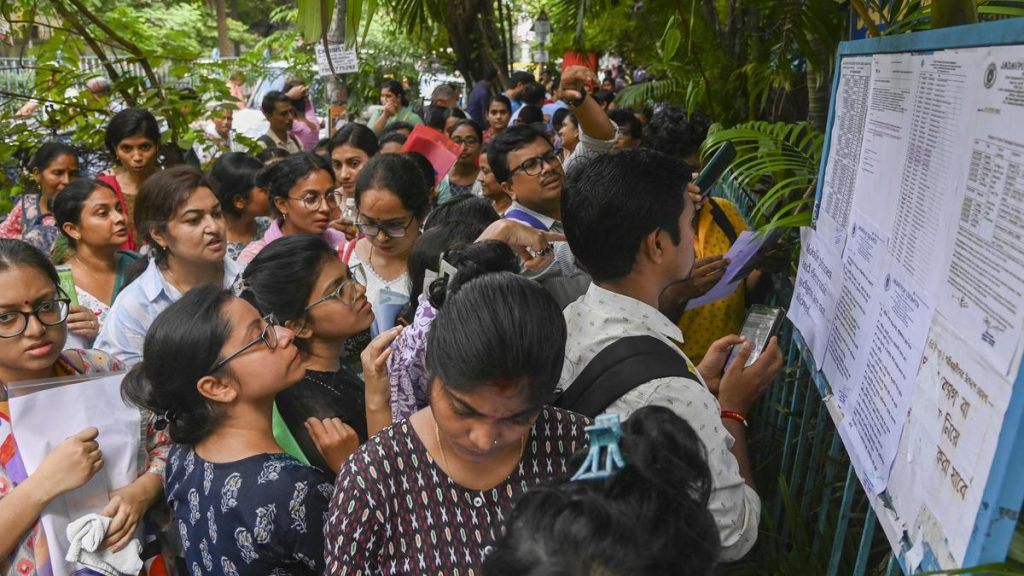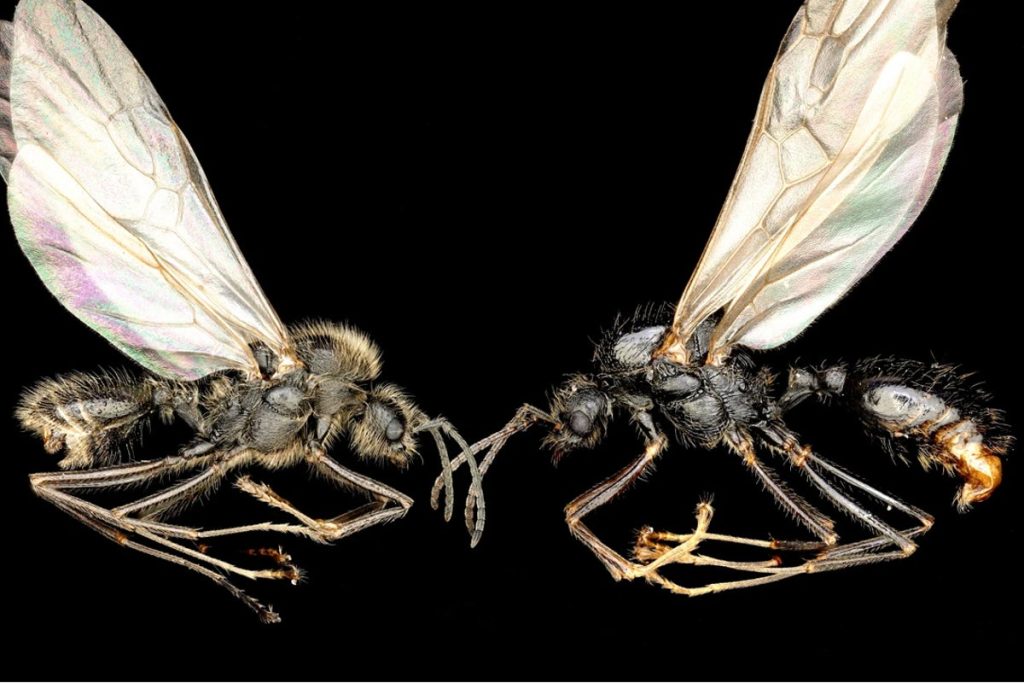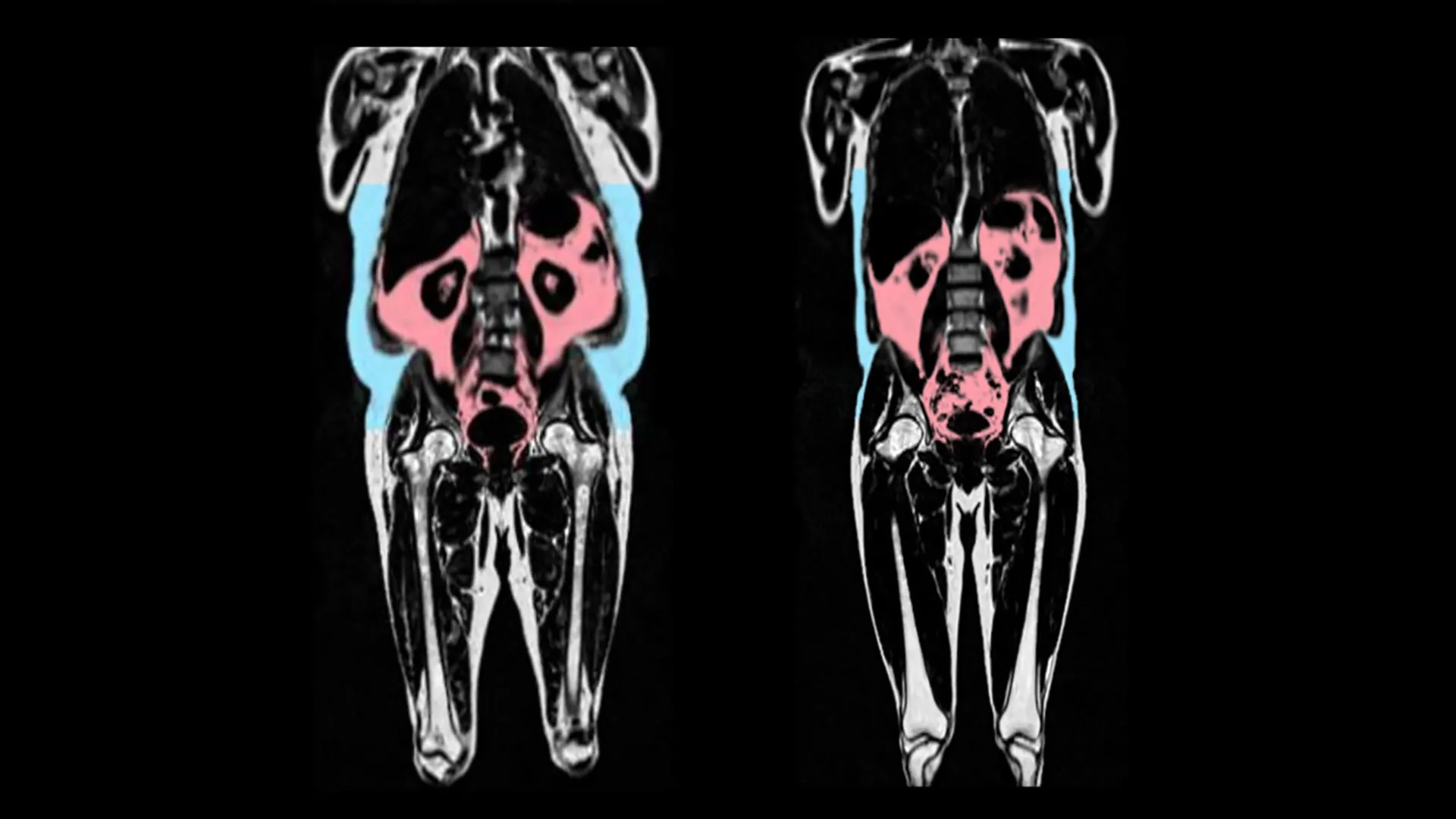Now Reading: Ancient Storms Claimed Baby Pterosaurs, Fossils Uncover Insights
-
01
Ancient Storms Claimed Baby Pterosaurs, Fossils Uncover Insights
Ancient Storms Claimed Baby Pterosaurs, Fossils Uncover Insights

Fast Summary
- Paleontologists from the University of Leicester uncovered the cause of death for two baby pterosaurs, nicknamed Lucky adn Lucky II, thru a study published in Current Biology.
- The hatchlings, belonging to the species Pterodactylus, had wingspans under 20 cm (8 inches) and were found with clean fractures in their wing bones caused by powerful gusts during tropical storms.
- These storms caused them to fall into lagoons where they drowned and were rapidly buried by fine limy muds, ensuring extraordinary preservation of their tiny skeletons.
- Solnhofen Limestones in Germany are renowned for such fossils; most preserved pterosaur specimens are juveniles due to their fragility during storms. in contrast, larger adults decomposed more slowly without rapid burial conditions.
- The findings suggest small pterosaurs were not necessarily native to these ecosystems but originated from nearby islands vulnerable to storm-driven mortality events.
Indian Opinion Analysis
This interesting finding highlights vital aspects about fossilization processes that preserve minute details of ancient life. From an Indian scientific standpoint, it underscores how interdisciplinary efforts combining paleobiology and geology can reshape conventional assumptions about prehistoric ecosystems globally.For researchers in India-where vast regions remain underexplored for fossils-the application of cutting-edge methods like UV analyses could enhance understanding of India’s own prehistoric biodiversity.
The study also reminds us how rare conditions lead to well-preserved samples: factors relevant for India’s untapped fossil records often prone to weathering or human interference. Collaboration with institutions abroad may facilitate similar breakthroughs here as India’s paleontological sciences grow steadily within global frameworks.Intriguingly neutral yet profound implications arise about storm phenomena shaping not only modern habitats but entire epochs past-a reminder that climate-linked evolutionary impacts endure across eras worldwide.

























